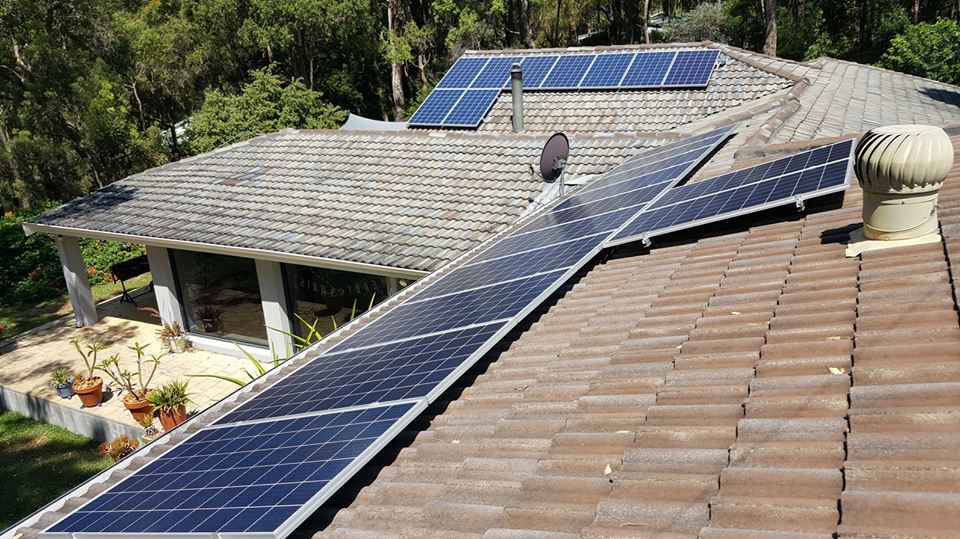Western Australia’s state-owned power provider Synergy continues to grapple with a flood of rooftop PV generation in the state, which has led to a fall in residential demand. In its annual report released on Thursday, the retailer has revealed a huge loss and asset write down in power generation and supply.
In the past financial year, Synergy recorded a $656.9 million net loss, including a $428.9 million impairment on assets and a $152.4 million onerous contract provision. The asset impairment was explained as a result of increased fixed costs – predominantly due to generation operations, some long-term power purchase agreements and increased regulated network charges. Revenue fell by 4.7 % from FY17-18 to around $2.84 billion.
The changing generation profile in WA, with soaring rooftop PV installations, has undermined Synergy’s market dominance, reflecting on the dispatch profile of its gas and coal generation fleet and cost of generation. In August, the WA state government announced two operating units at Synergy’s Muja Power Station will be retired from October 2022, since they are only being used about 35% of the time thanks largely to rooftop solar reducing demand on the grid.
Indeed, high power prices in the state have spurred the uptake of rooftop PV, which became the state’s largest generator in 2016. In its latest report, the retailer said its generation production declined 13.6%, reflecting lower market demand and increased installed capacity of solar PV. Namely, the state’s South West Intercnnected System (SWIS) saw a 22% increase in the levels of installed solar PV, taking the total capacity to more than 1,100 MW, now significantly larger than Synergy’s 854 MW Muja Power Station capacity, the retailer notes in the report.
“A number of factors have negatively impacted Synergy’s financial performance, including increasing fixed costs, the rapid uptake of intermittent renewable energy, in particular rooftop solar PV, and milder than expected weather conditions affecting our baseload generation,” Synergy Chief Executive Officer Jason Waters said.
In the midst of “these unprecedented and complex changes”, Synergy appears to be adapting to the new reality. The retailer launched a number of product trials over the last financial year including: community-scale batteries, virtual power plants, peer-to-peer energy trading and a new tariff to encourage the adoption of EVs.
On top of its residential rooftop solar offer launched three years ago, the retailer reported a significant increase in commercial installation which it continues to support through industry specific education and the launch of third-party finance.
As per its utility-scale renewable energy commitments through the Bright Energy Investments vehicle – alongside construction and building industry superannuation fund Cbus Super and the Dutch Infrastructure Fund as major investors, Synergy highlighted project milestones such as the go-ahead for the Warradarge Wind Farm and the expansion of the Greenough River Solar Farm, Australia’s first grid-scale solar farm.
“Both of these projects will help us in achieving our large-scale renewable energy target obligations, maintain control of system security and reliability, and create employment opportunities for the mid-west region of the state during the construction phases,” Waters said.
Construction has already begun on both projects, with Warradarge Wind Farm expected to generate first power next year, and provide the annual electricity needs of 135,000 homes. Earlier this month, Germany’s Juwi agreed to take over the stalled Greenough River solar farm expansion in the wake of RCR Tomlinson’s collapse. The second stage of the project will see 30 MW of solar PV developed adjacent to a 10 MW Stage 1.
This content is protected by copyright and may not be reused. If you want to cooperate with us and would like to reuse some of our content, please contact: editors@pv-magazine.com.









1 comment
By submitting this form you agree to pv magazine using your data for the purposes of publishing your comment.
Your personal data will only be disclosed or otherwise transmitted to third parties for the purposes of spam filtering or if this is necessary for technical maintenance of the website. Any other transfer to third parties will not take place unless this is justified on the basis of applicable data protection regulations or if pv magazine is legally obliged to do so.
You may revoke this consent at any time with effect for the future, in which case your personal data will be deleted immediately. Otherwise, your data will be deleted if pv magazine has processed your request or the purpose of data storage is fulfilled.
Further information on data privacy can be found in our Data Protection Policy.